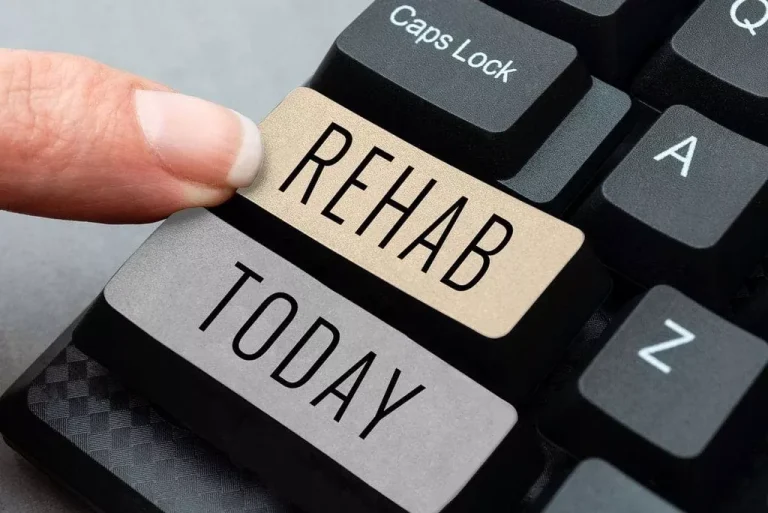
Although coffee has health benefits in moderation, it’s recommended to keep caffeine intake under 400 mg daily, which equals 4–5 cups (0.9–1.2 L) of coffee. Being chronically stressed may lead you to overeat and reach for highly palatable foods, which may harm your overall health and mood. It might be useful to make an action plan to schedule more family time. It’s important to be thoughtful about which actions to take, as each situation may call for a unique solution. A less-stressed mind can more easily choose the most beneficial course of action.
Meaning-Focused Coping Style
- Unhealthy coping techniques—such as drinking or avoiding the problem—may offer some temporary relief, but they tend to make things worse in the long run.
- All participants completed the questionnaire after signing the written informed consent to ensure accuracy and strict confidentiality.
- In turn, these effects help lower blood pressure and heart rate.
- For a more comprehensive understanding of nurses’ burnout, we draw on the triadic reciprocal determinism proposed by psychologist Bandura (1989) [17].
- Yep, talking to yourself or about yourself in third person is a form of exerting self-control over negative emotions.
Sometimes stress can come from an obvious source, but sometimes even small daily stresses from work, school, family, and friends can take a toll on your mind and body. Learn about NIMH priority areas for research and funding that have the potential to improve mental health care over the short, medium, and long term. Evidence suggests that social support can reduce psychological distress and help create a buffer against the health-damaging effects of stress. Your therapist can work with you to identify what's causing your emotional stress and develop healthier ways of coping.
- Locating the central symptom in the network through network analysis provides a more precise and efficient entry point for psychosocial interventions for nurse burnout [16].
- Sometimes, the best way to manage your stress involves changing your situation.
- But daily hassles and demands, such as waiting in a long line or being late to a meeting, also contribute to your stress level.
- In this post, we explore how to cope with stress using stress coping techniques.
Download 3 Free Stress & Burnout Prevention Exercises (PDF)

So, if you are facing a stressful life event or you’ve undergone a major change, try planning ahead. Consider the skills you can use to cope with the challenges you’re likely to face. And that could help you to feel better equipped to face the challenges ahead. For example, if you have worked hard to lose weight, proactive coping strategies https://ecosoberhouse.com/ could help you maintain your weight after your weight loss program has ended. You might plan for circumstances that might derail you—like the holiday season or dinner invitations from friends—to help you cope. You also might plan for how you will cope with emotions that previously caused you to snack, like boredom or loneliness.

Solution-Focused Coping Strategies for Stress
Or, you might take a few minutes to practice mindfulness, which involves being in the moment. Simply pay attention to what you see, hear, taste, touch, and smell. Simply close your eyes for a minute and walk yourself through a peaceful scene. Think about all the sensory experiences you engage in and allow yourself to feel like you're really there. After a few minutes, open your eyes and return to the present moment. It can involve imagining yourself being in your "happy place"—maybe picturing yourself sitting on a beach, listening to the waves, smelling the ocean, and feeling the warm sand underneath you.
It’s essential to make sure that you and those around you give and receive support. One-sided relationships can end up causing you more stress than relief. Deep breathing exercises can help slow your heart rate and calm you when the world feels like it’s spinning too fast. The American Psychological Association (APA) recommends including a rainbow of fruits and veggies in your diet. It also recommends avoiding substances, such as alcohol, that can adversely impact your ability to handle and cope with stress. Often a small change is all that’s required to make a huge shift in how we feel.
Make time to exercise
These actions may seem to help in the moment, but actually may add to stress in the long run. While consuming a healthy, balanced diet can help combat stress. Stress is a normal psychological and physical reaction to the healthy ways to cope with stress demands of life. A small amount of stress can be good, motivating you to perform well. But many challenges daily, such as sitting in traffic, meeting deadlines and paying bills, can push you beyond your ability to cope.
Meditation can trigger the antidote to stress, called the relaxation response.

But most modern chronic stressors, such as finances or a challenging relationship, keep your body in that heightened state, which hurts your health. Perhaps one of the more challenging aspects of coping with emotional stress is the feeling of being unable to change the situation. If we can't change our stress levels by eliminating the stressful situation, we can work on our emotional response to it.

